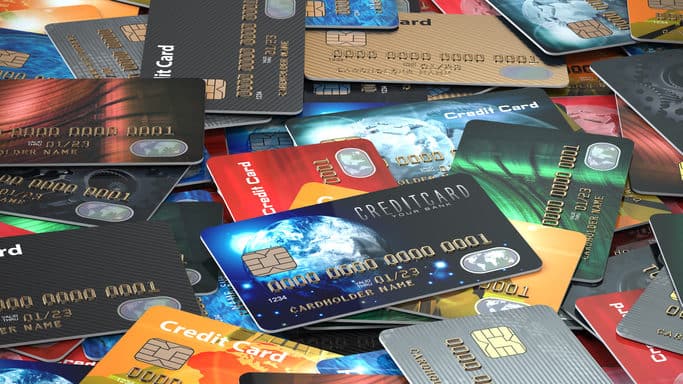You’ve been talked into signing up for that credit card because someone in your mom’s gardening club said that her plumber-slash-banker son reckons it’s the only way to get your credit score up and running. You want to rent a flat and hire a car someday, don’t you?
So you get the card.
Once you’ve got the card, you’re keenly aware that you need to use it somehow. Using the card to purchase everyday goods such as groceries and fuel can be fine, especially if using a rewards card. But you also know that unless you’re a stickler for repaying the entire amount when payday rolls around, this can cause problems. So you aim for a cautious approach.
Fast forward a few months later and you’re finally ready to rent a cute flat on the other side of the river, and the letting agent gives you the devastating news. Your credit is a little on the low side and you don’t quite meet their criteria. What could have gone wrong?
A number of things, actually.
You’ve gone off the rails with your applications
You recently decided it would be fun to see how much you can qualify for. In an effort to get the best offer, you decided to apply with every financial institution and go with the one that gives you the highest limit. You weren’t going to take all of them up, so there’s no harm, right? Wrong.
Every time you apply for a card and the institution accesses your credit history, it flags as a hit with the credit bureaus. Institutions such as Experian and Equifax will drop your score by up to five points every time an institution does a hard inquiry, which is what they do when you apply for a credit product. Do this enough times and your score can drop into a lower category, which can undo the progress you’ve made to build up your score.
Your credit card limit is a target
While you might clear your credit limit every month and start all over again, it’s not in your best interest to use the full limit every month. A credit bureau uses a number of methods to determine whether a user is safe to extend credit to and simply paying the card is just one of them. Utilisation is an important factor when determining the risk rating of a consumer, as it determines whether the user will be able to service their debt if they experience a life-changing event, or whether their debt load will increase.
If you’re constantly running your debt at over 30% of the limit, it will have an effect on your credit score. The opposite is also true for those hoping to build up a credit score purely by just having the card. This means that those who apply for a card and never use it also damage their credit scores. Keep it to somewhere in the 1% and 30% region, and it should prove to be a great score booster.
But I pay every month, sometimes more than I should
There is a sneaky little monster on your credit card statement called your due date. It usually isn’t a date that’s even remotely familiar to anyone, like the 1st, 15th, or 30th. Many financial institutions make the due date the date of activation. If you happen to take up your credit card product on the 14th, then the due date is on the 14th of every month. If you get paid on the 15th, bad luck to you, since paying on the 15th will be considered late, unless you keep your payment cycle one month in advance.
Another thing to bear in mind is that, if you decide to make only the minimum payment and you want to pay in advance for next month, it’s important to bear in mind that payments within the same cycle go towards that month. If your instalment is £200 per month and you decide to pay £400, it won’t be allocated to your next month’s payment. If your aim is to have your payment attributed to the next month, wait until the statement period closes to pay the other £200 to ensure it goes towards the new statement cycle.
Credit cards are a great way to get that credit score off the ground, but if you get the basics wrong it can easily set you back a few months. Instead, focus on small things that can make a big difference in the way credit bureaus read your credit behaviour to make the most of your financial journey.







